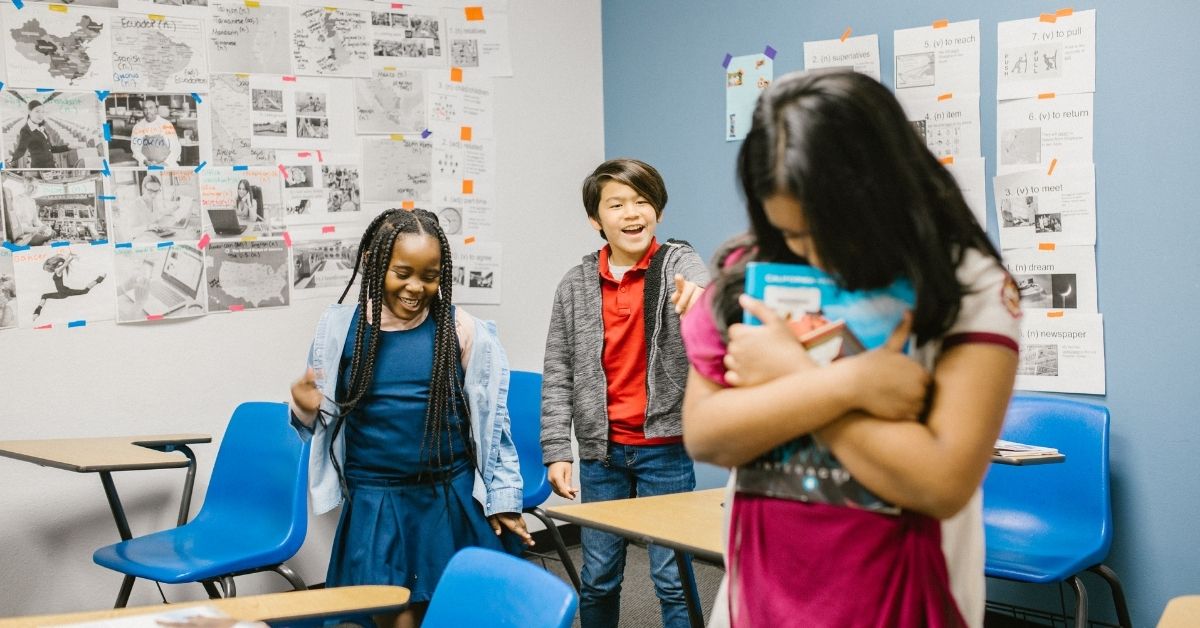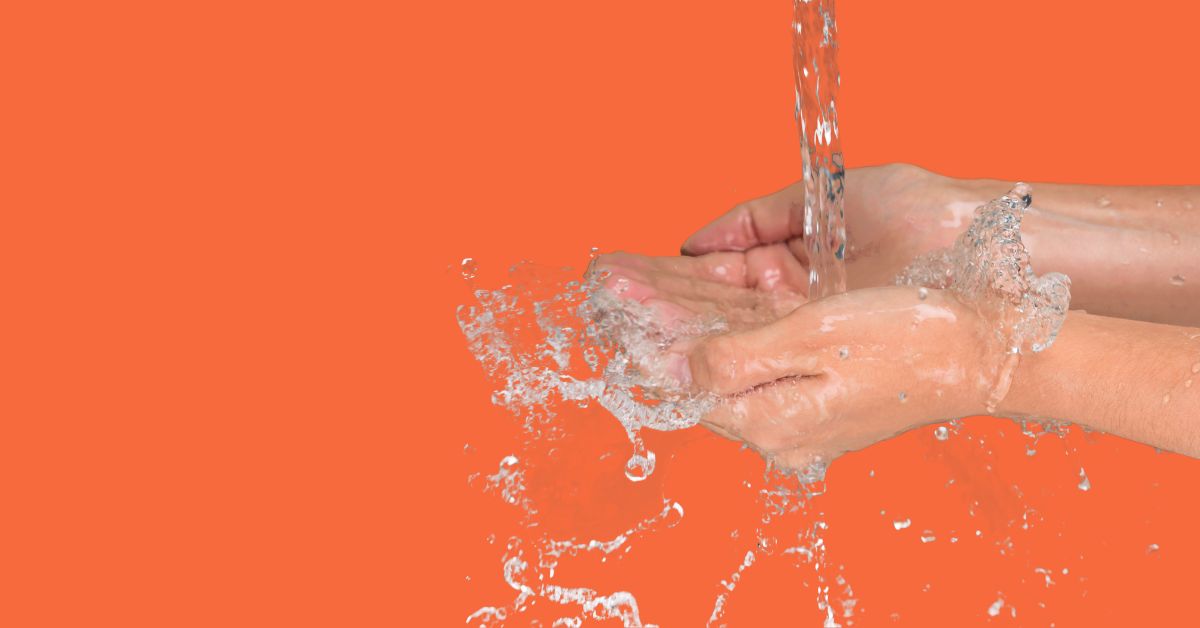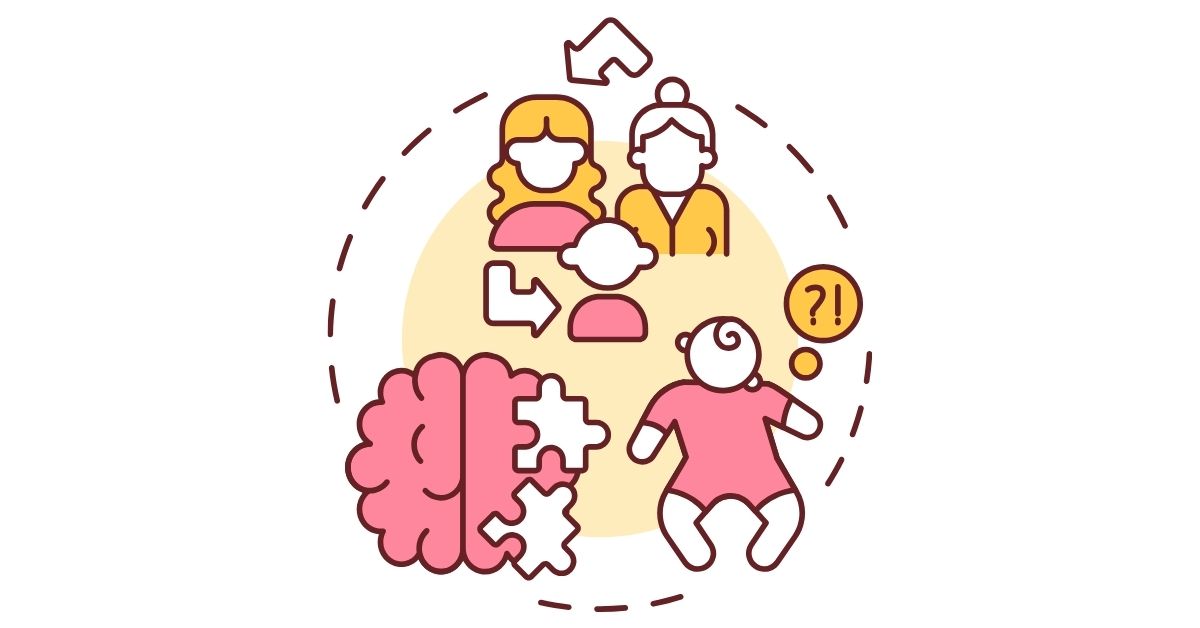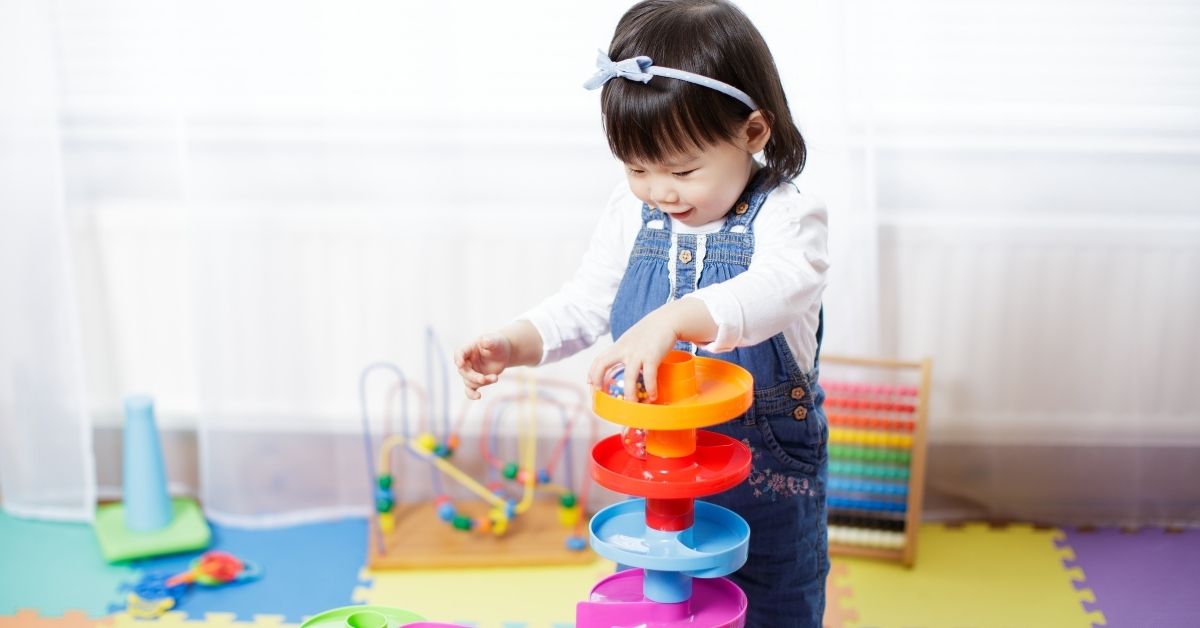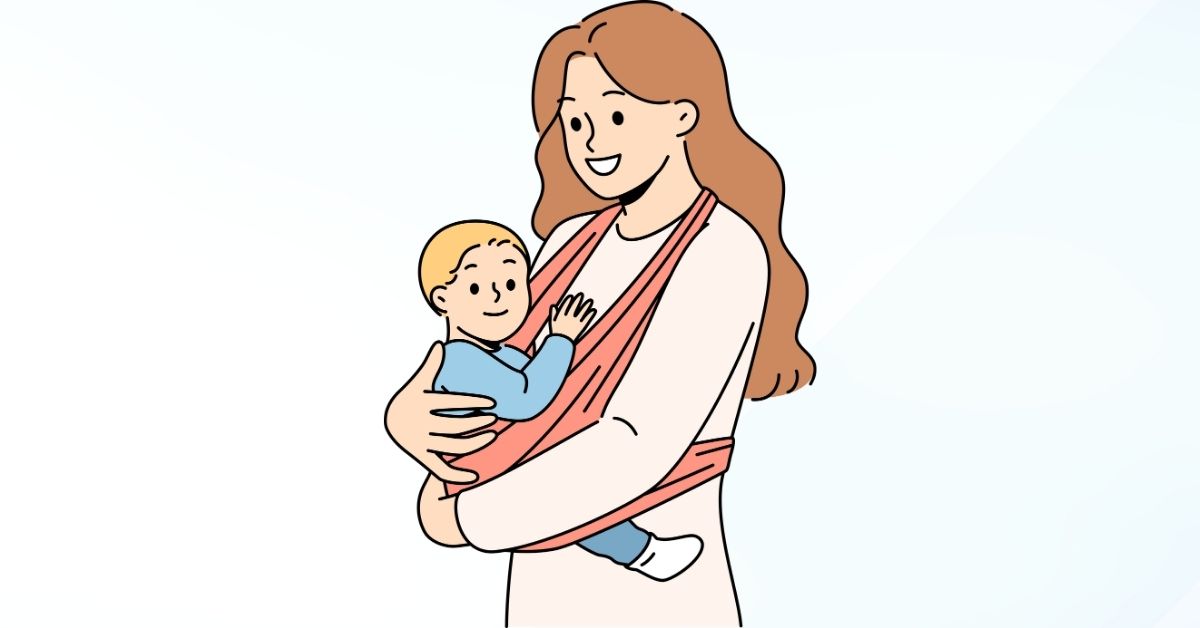5 Anti-Bullying Tips Your Child Needs To Stop Feeling Helpless. Does your 10 year old son come home from school with unexplained bruises he refuses to talk about? Have you noticed that your 14 year old daughter has suddenly grown quiet and reserved since she joined her new school? Do you often find yourself feeling like your child is lost somewhere inside his or her own mind?
In this article:
Chances are, your kid is being bullied. Know about Effects of Bullying
Don’t be alarmed, though, there’s a lot you can do to help your child fight bullies. Here are five anti-bullying tips to help your child deal with bullying.
Anti Bullying Tips To Help Your Child
1. Teach Them How To Identify A Bully
Your kid won’t know whether they need to resist or play along with their bullies in the beginning. Peer pressure can mess up a child’s thought process so that they cannot identify non-physical aggression. Unfortunately, the early stages of bullying are not physical in most cases, so it’s critical for your child to know the signs of bullying behaviour. Most effective anti-bullying measures begin with identifying a bully before things get bad.
2. Setting Boundaries
Bullies typically go after soft targets. Children who are unsure of themselves and their self-worth become perfect soft targets. Setting boundaries is one of the most effective anti-bullying tactics at this stage. Teach your child to define their boundaries in their own minds. They should ideally have clear pictures of acceptable and unacceptable behaviour so they aren’t blind-sided by bullies pretending to be friends.
3. Confidence and Enforcing Boundaries
It is not enough for your child to know what behaviour is unacceptable, they should know how to reject offensive treatment. Bullies usually pick on those who are physically and emotionally weaker than themselves. They will first test the waters to see how much they can get away with and only pursue those who put up the least resistance. A child that can calmly tell a bully to back off is unlikely to end up as one of their targets. Confidence scares bullies enough to make them leave you alone.
4. Assertiveness and Aggression
There is a very thin line between asserting oneself and being aggressive. In a way, aggressive self-assertion is among the first and mildest forms of bullying itself. Assertiveness is a skill vital to the effective execution of anti-bullying tactics. It means being forceful without being aggressive, so your child can maintain higher moral ground than his or her aggressors.
5. Resistance: Response or Reaction?
It’s possible in spite of your child’s assertive behaviour that they will be subjected to bullying and teasing. Peer pressure pushes children to retreat from or react to the bullying eventually. Both responses can have bad causes as well as effects if left unchecked. The best anti-bullying measure is to respond to bullying by learning to resist it. In the early stages and in cases of non-physical bullying, verbal resistance is all that’s needed. If your child is dealing with more violent forms of bullying, though, enrol them in self-defence classes. If you’re looking to pre-empt bullying attempts, consider signing your child up for Eastern martial arts like Jiu-Jitsu. Most forms of martial arts cover the mentality of self-defence, but a few of them are based on self-esteem and will therefore help build that up, too.
Bullying has been and is likely to continue being an innate part of human nature. It is an inexplicable and fairly evil phenomenon that feeds on victim mentality. It’s important that we Teach Kids Not to Bully. The best anti-bullying measure to teach your child is to replace that mentality with assertiveness and positivity. Also as a parent, we should prevent our kids from becoming bullies and

